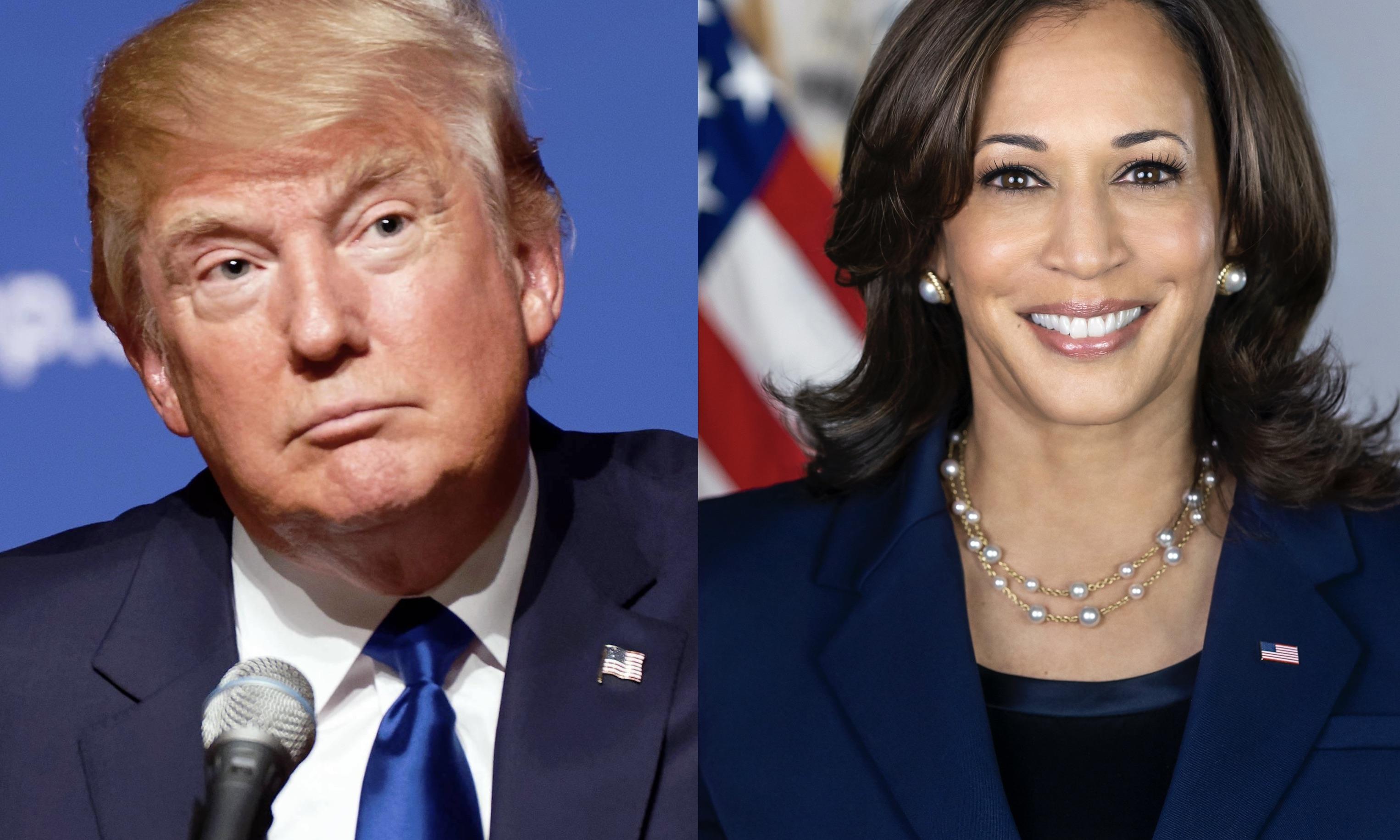The Arizona Supreme Court has made a landmark ruling that permits nearly 98,000 individuals whose citizenship documents had not been confirmed to vote in all races, including state and federal elections. The decision has set off a political firestorm, as debates over election integrity and voting rights intensify ahead of key upcoming elections.
The court's decision comes after a prolonged legal battle centered on the state's voter registration requirements, which previously mandated proof of citizenship for participation in state and federal elections. The ruling effectively expands voting access for those whose citizenship documentation has not been verified but are registered voters under Arizona’s bifurcated voter registration system. This system has long separated voters who register with federal forms, which do not require proof of citizenship, from those who register using state forms, which do.
Critics of the ruling argue that allowing individuals without confirmed citizenship status to vote in all races undermines the integrity of the state's electoral process. Opponents, primarily from conservative circles, fear that the decision could open the door for noncitizens to cast ballots, despite the lack of concrete evidence suggesting widespread voter fraud in Arizona. They contend that the ruling may weaken safeguards that protect against illegal voting, potentially impacting the outcomes of tightly contested races.
On the other side of the debate, voting rights advocates view the decision as a significant victory for expanding voter access. They argue that the strict citizenship verification requirements previously in place disproportionately affected minority and low-income voters, many of whom faced significant barriers in obtaining the necessary documentation. For them, the court's ruling is a step toward making elections more inclusive and preventing disenfranchisement of eligible voters who may have faced bureaucratic obstacles.
The ruling highlights a broader national debate over voting rights, particularly in swing states like Arizona, where voter registration laws have become a flashpoint in recent years. With Arizona playing a pivotal role in national elections, changes to its voter eligibility requirements could have far-reaching consequences. Both Democrats and Republicans are likely to use the court's decision as part of their respective campaigns, with Republicans emphasizing election security and Democrats championing expanded access to the ballot.
Arizona’s Secretary of State has acknowledged the complexity of implementing the ruling but stated that the state’s elections infrastructure is equipped to handle the expanded voter pool. The decision could set a legal precedent for other states grappling with similar challenges, particularly those that have enacted voter ID laws or have strict voter registration requirements.
The Arizona Supreme Court’s ruling is expected to face continued scrutiny, particularly as more voters without confirmed citizenship documentation are permitted to participate in upcoming elections. While the court’s decision is final, the political implications are far from settled, with both sides preparing for a contentious election season.



 Pentagon Downplays ‘Endless War’ Fears After U.S. Strikes on Iran Escalate Conflict
Pentagon Downplays ‘Endless War’ Fears After U.S. Strikes on Iran Escalate Conflict  Middle East Air War Triggers Massive Flight Cancellations and Global Airline Disruptions
Middle East Air War Triggers Massive Flight Cancellations and Global Airline Disruptions  U.S. Interior Department Responds to Leak of Trump Administration Plans to Revise National Park History
U.S. Interior Department Responds to Leak of Trump Administration Plans to Revise National Park History  Nepal General Election 2026: Youth Protests, Political Change, and a New Generation of Voters
Nepal General Election 2026: Youth Protests, Political Change, and a New Generation of Voters  Defense Contractors Move to Drop Anthropic AI After Trump Administration Ban
Defense Contractors Move to Drop Anthropic AI After Trump Administration Ban  AI is already creeping into election campaigns. NZ’s rules aren’t ready
AI is already creeping into election campaigns. NZ’s rules aren’t ready  Santander’s $12.2B Webster Financial Deal Faces Uncertainty Amid U.S.–Spain Trade Tensions
Santander’s $12.2B Webster Financial Deal Faces Uncertainty Amid U.S.–Spain Trade Tensions  Trump Defends Extended U.S.-Israel Military Campaign Against Iran
Trump Defends Extended U.S.-Israel Military Campaign Against Iran  Suspected Iranian Drone Hits CIA Station at U.S. Embassy in Riyadh Amid Rising Middle East Tensions
Suspected Iranian Drone Hits CIA Station at U.S. Embassy in Riyadh Amid Rising Middle East Tensions  U.S. Middle East Strikes Raise Indo-Pacific Security Concerns for Japan, South Korea, and Taiwan
U.S. Middle East Strikes Raise Indo-Pacific Security Concerns for Japan, South Korea, and Taiwan  Failure of US-Iran talks was all-too predictable – but Trump could still have stuck with diplomacy over strikes
Failure of US-Iran talks was all-too predictable – but Trump could still have stuck with diplomacy over strikes  Trump to Attend White House Correspondents’ Dinner 2026, Ending Long Boycott
Trump to Attend White House Correspondents’ Dinner 2026, Ending Long Boycott  Israel Prepares Weeks-Long Military Campaign Against Iran Amid Escalating Air Strikes
Israel Prepares Weeks-Long Military Campaign Against Iran Amid Escalating Air Strikes  U.S. Begins Charter Evacuations as Iran Conflict Disrupts Middle East Air Travel
U.S. Begins Charter Evacuations as Iran Conflict Disrupts Middle East Air Travel  Trump Says U.S.-UK Relationship Has Deteriorated After Starmer Hesitates on Iran Strikes
Trump Says U.S.-UK Relationship Has Deteriorated After Starmer Hesitates on Iran Strikes  Does international law still matter? The strike on the girls’ school in Iran shows why we need it
Does international law still matter? The strike on the girls’ school in Iran shows why we need it  Iran Detains U.S. Citizens Amid Escalating Conflict With the United States and Israel
Iran Detains U.S. Citizens Amid Escalating Conflict With the United States and Israel 



























